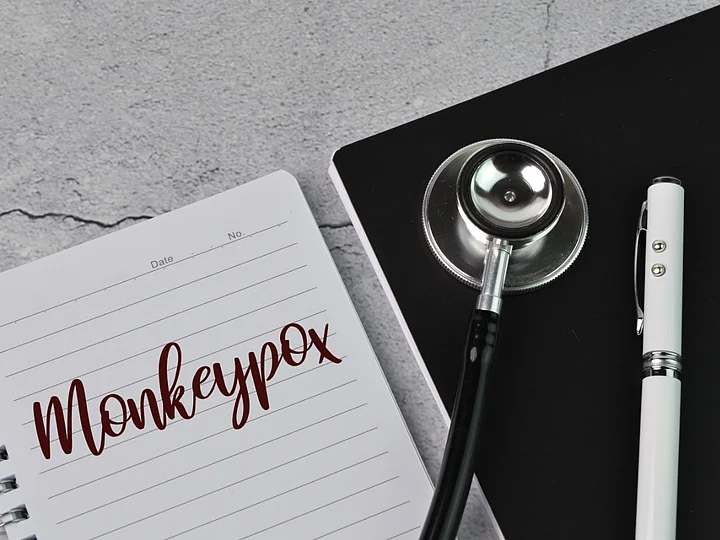According to World Health Organizatin (WHO), monkeypox is a rare disease caused by the monkeypox virus. A person infected by the virus experiences rashes and flu-like symptoms. Like the virus responsible for smallpox, the monkeypox virus is also classified as orthopoxvirus.
Monkeypox was first discovered in 1958 when two outbreaks of a pox-like disease occurred in groups of monkeys who were being used for research. Despite its name, the monkeypox virus no longer comes from monkeys. Scientists think monkeypox is caused by small rodents and squirrels in the rainforests of Africa, though more research is found. This article will help us know more about the causes, symptoms, diagnosis, treatment, and spread of monkeypox.
Monkeypox Virus: Types
There are two types of monkeypox virus — central African and west African.
The central African monkeypox virus causes more severe infections and is more likely to cause death than the west African monkeypox virus.
Monkeypox: Signs & Symptoms
Monkeypox symptoms are similar to the symptoms of smallpox but they are usually mild. Early signs of monkeypox include:
Fever
Chills
Headache
Muscle aches
Swollen lymph nodes
A rash would develop after one to three days. The rash often starts to develop on the face and then spreads to other parts of your body like the palms of your hands and soles of your feet. At first, the rash starts as flat, red bumps, which later turn into blisters that fill with pus. After several days, the blisters may crust over and fall off.
Monkeypox: Spread
According to the Centers for Disease Control and Prevention (CDC), monkeypox can spread due to the following reasons:
Monkeypox is spread after a person comes into contact with an infected animal or person. Animal-to-person transmission occurs through broken skin, like bites, scratches, or through direct contact with an infected animal’s blood, bodily fluids, or pox lesions.
Monkeypox can spread from person to person as well, but it’s a rare occurrence. Person-to-person transmission occurs when you come in contact with virus particles of an infected person. The virus can spread through cough, sneezing, and airborne droplets. You can also get infected by touching the lesions of an infected person.
You can also get infected by monkeypox by coming into direct or indirect contact with materials (clothing, bedding, and other linens used by an infected person) contaminated with the virus.
Monkeypox: Diagnosis
According to the WHO, monkeypox is so rare that your doctor may test for other rash illnesses, such as measles, chickenpox, or smallpox. However, swollen lymph nodes can help doctors distinguish monkeypox from other poxes.
To diagnose monkeypox, the doctor takes a tissue sample and looks at it using a microscope. A blood sample may also be needed to check for the monkeypox virus or antibodies your immune system makes to it.
Monkeypox: Prevention
A smallpox vaccine can provide protection against monkeypox as well. Other tips you can follow for the prevention of monkeypox are:
Avoid contact with infected animals like sick or dead animals
Avoid contact with bedding and other material, which might be contaminated with the virus
Wash your hands with soap and water if you come in contact with an infected animal
Cook all the foods containing meat or animal parts thoroughly
Avoid contact with people who may be infected with the virus
Use personal protective equipment (PPE) while taking care of people infected with the virus
Monkeypox: Treatment
According to CDC, there is no treatment for monkeypox yet but the smallpox vaccinations have proven to reduce the chances of monkeypox by 85 percent.
(At The Quint, we question everything. Play an active role in shaping our journalism by becoming a member today.)
